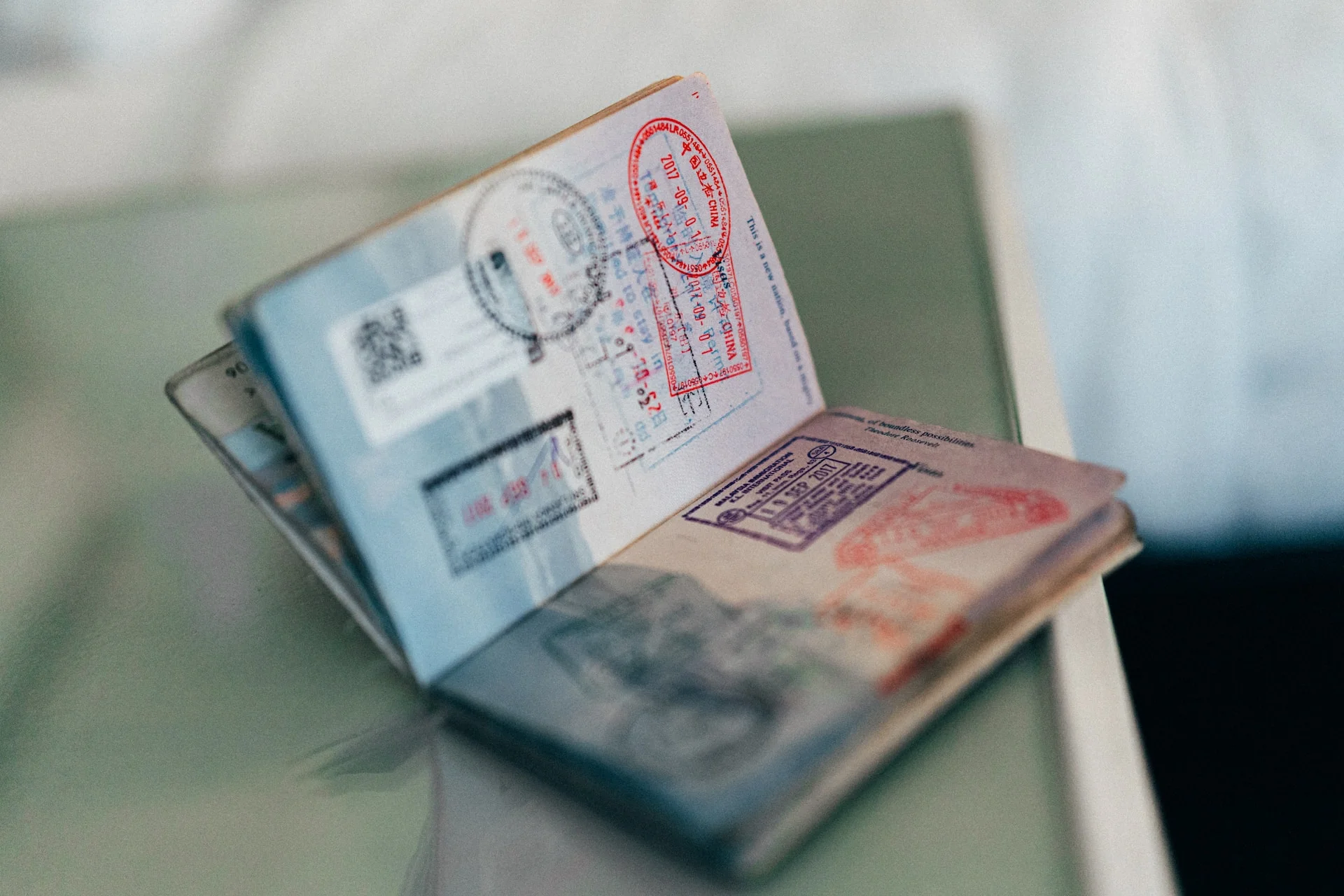As an international student, achieving admission into a Canadian university or college is a significant milestone. However, some Main Reasons for Canada Student Visa Rejection can be the hurdle in your journey. Hence, before you start packing your bags for your Canadian education journey, it is important to make a checklist.
Canada values its international students, as they not only contribute to the nation’s future workforce but also help offset domestic education costs through their higher tuition fees. But still, due to high demand and missing requirements, the rate of rejection is increasing.
If your goal is to embark on your Canadian educational journey and secure a study permit, this article will delve into the prevalent reasons for Canadian Student Visa Rejection and equip you with valuable insights on how to navigate these potential pitfalls.
Unclear Purpose of Visit

One of the most common Canada Visa Rejection Reasons is an unclear or vague purpose of the visit. When applying for a Canadian student visa one can take Visa Consultants in Pune, to understand the basics of mentioning intentions. Admissions officers want to know why you want to study in Canada, what program you’ve chosen, and how it fits into your educational and career goals.
To avoid this pitfall, ensure that your statement of purpose is well-articulated and specific. Highlight your academic and career aspirations and explain how studying in Canada is the right choice to achieve them.
Lack of Financial Security
Another significant factor leading to Visa Rejection Reasons Canada is a lack of financial security. Canadian institutions want to ensure that you have the financial means to support yourself during your studies. Your financial documents should be accurate, and up-to-date, and clearly demonstrate your ability to cover tuition fees, living expenses, and other related costs.
To strengthen your case, include detailed bank statements, scholarship letters, and sponsorship documents if applicable. Make sure your financial documents are easily understandable to the visa officer, leaving no room for doubt regarding your financial stability.
Inconsistent or Incomplete Academic Records
Your academic records play a vital role in your student visa application, hence Student Visa in Pune advises in managing the proper record. As inconsistencies or incomplete records can lead to rejection. So, they help you in ensuring that your academic transcripts and certificates are complete, accurate, and in line with the program you’re applying for.
If you’ve had breaks in your education, provide an explanation to show that your past circumstances won’t hinder your academic progress in Canada. It’s crucial to present a consistent academic history that aligns with your chosen field of study.
Inadequate Proof of Intent to Return
Canadian immigration authorities are concerned about students potentially overstaying their visas. Therefore, it’s vital to demonstrate your intent to return to your home country after completing your studies in Canada. Failure to provide sufficient evidence in this regard can result in visa rejection.
You can bolster your application by showcasing strong ties to your home country, such as family, property, or a job offer. A well-crafted letter of intent expressing your commitment to returning home can also be instrumental in convincing visa officers of your plans.
Unavailability of Letter of Acceptance from a DLI
To apply for a Canada student visa, you must have a letter of acceptance from a Designated Learning Institution (DLI). Not having this crucial document will lead to an automatic rejection of your application.
Ensure that you apply to DLIs well in advance and receive your acceptance letter before initiating the visa application process. Your letter of acceptance is the gateway to your Canadian education, so it’s essential to prioritize this step.
Tip to Improve the Chance of Study Visa Approval
- Use a Document Checklist: Follow the document checklist meticulously to ensure all required paperwork is included. Consider adding extra documents, such as property ownership or stock portfolios, if they strengthen your case for returning home after your studies.
- Verify DLI Status: Confirm that the university or college you’re applying to is on the Designated Learning Institution (DLI) list. Only DLIs can admit international students, a key requirement for a study permit.
- Select Your Program Wisely: Choose a program relevant to your prior education or work experience. If not directly related, explain how it will enhance your career. Show how the new skills acquired will benefit your professional growth.
- Provide Financial Proof: For Student Direct Stream (SDS) applicants, a Guaranteed Investment Certificate (GIC) of $10,000+ is necessary. Additionally, demonstrate payment of the first year’s tuition and accommodation. General stream applicants can use bank statements, scholarships, or education loans to prove financial support.
- Include a Statement of Purpose: Though not obligatory, a statement of purpose is beneficial. It clarifies your study intentions, program choice, and career goals. Address any educational gaps or inconsistencies in academic history.
- Improve Language Test Score: If your language test score is low, consider retaking the test (e.g., IELTS or CELPIP) to enhance your chances. Practice and preparation are key to achieving a better score.
Highlight Your Return Plan: Emphasize your intention to return home after your studies. Showcase your career objectives in your home country and how your Canadian education will boost your prospects. Avoid discussing extending your stay in Canada post-graduation.



